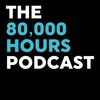

80,000 Hours Podcast
Rob, Luisa, and the 80000 Hours team
Unusually in-depth conversations about the world's most pressing problems and what you can do to solve them.
Subscribe by searching for '80000 Hours' wherever you get podcasts.
Hosted by Rob Wiblin and Luisa Rodriguez.
Subscribe by searching for '80000 Hours' wherever you get podcasts.
Hosted by Rob Wiblin and Luisa Rodriguez.
Episodes
Mentioned books
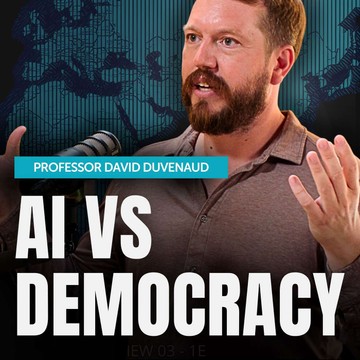
24 snips
Jan 27, 2026 • 2h 32min
Why 'Aligned AI' Could Still Kill Democracy | David Duvenaud, ex-Anthropic team lead
David Duvenaud, a University of Toronto CS professor and ex-lead of Anthropic's alignment evals, discusses the 'gradual disempowerment' thesis. He explores how AI could make people economically and politically irrelevant. They cover cultural shifts as machines shape norms, who controls powerful AIs, and whether liberal democracy can survive when humans are no longer 'needed'.
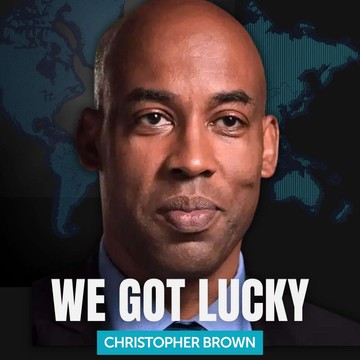
50 snips
Jan 20, 2026 • 2h 56min
#145 Classic episode – Christopher Brown on why slavery abolition wasn't inevitable
In this thought-provoking discussion, historian Christopher Leslie Brown, a Columbia University professor and author of *Moral Capital*, explores the complex history surrounding the abolition of slavery. He argues that the end of slavery was not inevitable, challenging the belief that economic and moral progress would naturally lead to its decline. Brown highlights the deep-rooted ubiquity of slavery, critiques of the practice throughout history, and the crucial role of activism, particularly by Quakers and early abolitionists, in fostering change.
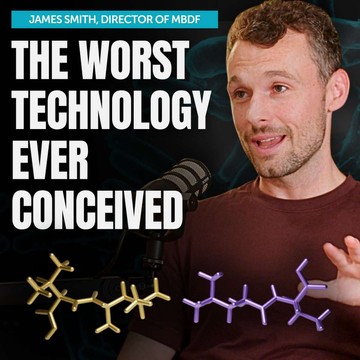
18 snips
Jan 13, 2026 • 2h 10min
#233 – James Smith on how to prevent a mirror life catastrophe
In this engaging discussion, James Smith, Director of the Mirror Biology Dialogues Fund, reveals why he left everything to tackle the alarming threat of mirror bacteria. He explains how these mirror-image microorganisms could evade immune systems, leading to widespread infections across species. With unique insights into the ecological implications and potential resistance to natural predators, James urges for urgent policy action. He also highlights the risks they pose to plants and animals, warning that the consequences of inaction could be catastrophic.
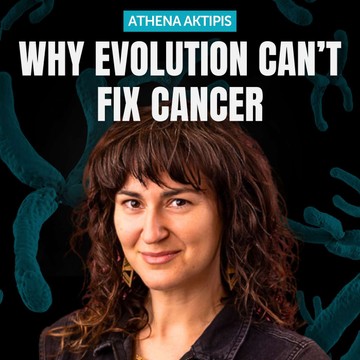
Jan 9, 2026 • 3h 31min
#144 Classic episode – Athena Aktipis on why cancer is a fundamental universal phenomena
Athena Aktipis, an associate professor and director of the Cooperation and Conflict Lab, dives into the fascinating world of cancer as a breakdown of multicellular cooperation. She explains that the real opposite of cancer is a well-functioning body working in unison. Athena discusses how rapid evolution occurs at the cellular level, the complexities of cancer defense in long-lived species, and how adaptive therapy can transform cancer treatment. She even draws parallels between cancer and human social systems, offering insights into cooperation, resilience, and thriving amidst chaos.
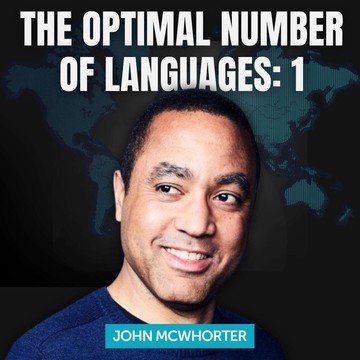
90 snips
Jan 6, 2026 • 1h 35min
#142 Classic episode – John McWhorter on why the optimal number of languages might be one, and other provocative claims about language
In this insightful discussion, linguistics professor John McWhorter shares his expertise on the fascinating world of language. He challenges common beliefs, arguing that bilingualism doesn’t boost IQ and discusses the complexities of teaching languages in schools. McWhorter also highlights the rapid extinction of languages, the unique benefits of creoles, and speculates about the emergence of new languages and potential AI languages in the future. His engaging take on how language shapes thought, alongside his controversial views on optimal language use, makes for a thought-provoking conversation.
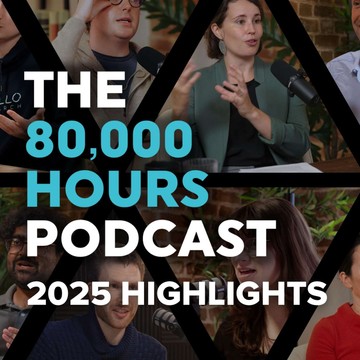
132 snips
Dec 29, 2025 • 1h 40min
2025 Highlight-o-thon: Oops! All Bests
Hugh White, a foreign policy scholar, talks about the importance of a realistic U.S. strategy toward China's rise, urging Americans to understand the nuances of geopolitical competition. Sam Bowman, an economist, offers insights on how to convert NIMBY opponents into supporters by showing how new developments can enhance local neighborhood quality. This lively discussion touches on the strategic implications of AI, the intricacies of development politics, and the quest for a balanced global approach amidst rapid technological change.
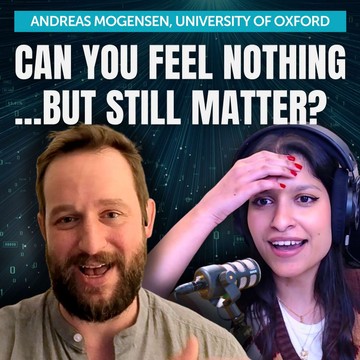
42 snips
Dec 19, 2025 • 2h 37min
#232 – Andreas Mogensen on what we owe 'philosophical Vulcans' and unconscious beings
Join Andreas Mogensen, a Senior Researcher in moral philosophy at Oxford, as he dives into the complexities of AI and consciousness. He challenges the typical narrative about the moral status of AI, suggesting that welfare could exist without traditional consciousness. Discussing desire as a potential basis for moral consideration, he explores the nuances of autonomy and how it might relate to emotions. With thought-provoking analogies and discussions on extinction ethics, Mogensen raises critical questions about our duties toward future intelligences.
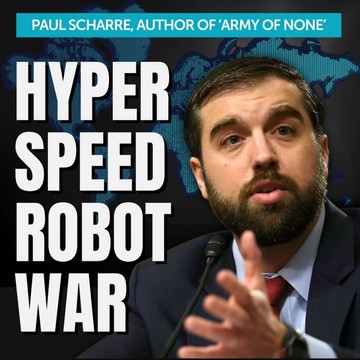
80 snips
Dec 17, 2025 • 2h 45min
#231 – Paul Scharre on how AI-controlled robots will and won't change war
In a thought-provoking conversation, Paul Scharre, a former Army Ranger and Pentagon official, discusses the future of warfare through the lens of AI. He explores scenarios like the ‘battlefield singularity’ where machines may outpace human judgment, and how automated systems could alter command structures. Paul also examines shocking historical false alarms, delving into whether AI would make similar critical decisions. With insights on the balance of power and risks, he emphasizes the need for human control in military AI to avoid catastrophic miscalculations.

84 snips
Dec 12, 2025 • 1h
AI might let a few people control everything — permanently (article by Rose Hadshar)
The discussion dives into how advanced AI could lead to extreme concentration of economic and political power in the hands of a few. It highlights the potential risks of automated coups and information control that could erode public resistance. A vivid scenario illustrates how one firm and a government might centralize AI power by 2035. The episode also weighs possible mitigations, emphasizing transparency and equitable access to AI. Ultimately, it invites listeners to consider their role in preventing this dystopian future.
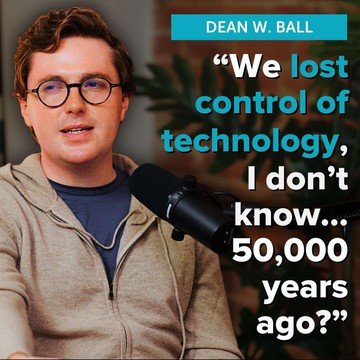
141 snips
Dec 10, 2025 • 2h 54min
#230 – Dean Ball on how AI is a huge deal — but we shouldn’t regulate it yet
Dean W. Ball, a former White House staffer and author of America's AI Plan, discusses the potential arrival of superintelligence within 20 years and the risks of AI in bioweapons. He argues that premature regulation could hinder progress and emphasizes the uncertainty around AI's future. Ball highlights the need for a balanced approach to governance, advocating for transparency and independent verification. He also reflects on personal responsibility in parenting amidst technological change and cautions against polarizing debates around AI safety.


